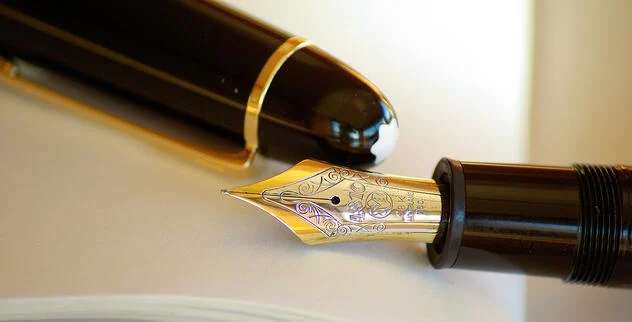When it comes to check fraud in Wisconsin, there are a variety of possible scenarios that may be at play.
Some people's minds go directly to the person who has written a worthless check on their own account that either had insufficient funds or was closed all together. Others think of cases where checks are stolen from someone else, and are written and used to pay for services or goods in the account holder's name.
Still another type of check fraud involves using desktop publishing software or other technology to create a fictitious check that looks real in order to pay for goods and services.
Check Fraud on Your Own Account
Check fraud punishment is partly related to which of these scenarios accurately describes the experience.
Simply writing a check when there is not enough money in your account to cover it is not as serious as trying to pass yourself off as another person or writing a fake check off of a fake bank.
Another factor in determining check fraud penalties is the amount that a check is written for. Generally, if there are no other charges other than writing a worthless check of less than $2,500, the crime is considered to be a Class A misdemeanor, which can lead to up to nine months in jail and/or a fine of up to $10,000.
If the amount of the check is more, of if there are multiple checks written totaling over $2,500 the seriousness of the charge can be bumped up to a Class I felony, which may mean up to 3.5 years in jail and/or a fine of $10,000.
Key Components of Check Fraud
In most cases, an accidental bouncing of a check will not lead to large fines and jail sentences. For example, if you were unaware that your account was closed, and had a reasonable expectation that the check you were writing would be paid, this could possibly be used as a defense.
If you wrote a check based on an assumed direct deposit that did not go through, or miscalculated your balance, you could also be spared criminal charges.
The key component of check fraud in Wisconsin is that it is intentional, and the burden of proof is on the accuser. The prosecuter must prove that when the check was issued, the writer did not have an account. If they simply did not have enough money, the accused is allowed at least five days to settle their balance.
If a postdated check is accepted, this too can be used as a defense. Retribution maybe limited to paying back the amount of the check, and possibly paying small fees.
Defending a Check Fraud Charge
In the case of stolen or false checks, you are not only being accused of writing a check that you don't have the money to cover, but you are also facing potential charges of identity theft and/or forgery. These charges can lead to increased fines or check fraud sentencing that could last longer.
The more complex the case, the more important it is to have proper legal representation. An experienced lawyer can review the circumstances involved and the nature of the accusations and in many cases they can get criminal charges reduced or dropped.
If you've been accused of check fraud in Wisconsin, Stang Law Offices in Madison, Wisconsin may be able to help. Contact us to schedule an evaluation.
Stangl Law Offices, S.C.



